Brussels, 16 November
HOSPEEM expresses its commitment to the World Health Organizations’ Charter on Health Worker Safety: A Priority for Patient Safety. We agree that the health, safety, and well-being of health workers is a prerequisite for an effective response to the COVID-19 pandemic.
Besides the already mentioned key measures, HOSPEEM commits to the following:
1. Establish synergies between health worker safety and patient safety policies and strategies.
Aim to ensure the health workers’ safety when implementing the HOSPEEM-EPSU Joint Declaration on CPD and LLL for All Health Workers in the EU, which has been adopted in 2016.
2. Develop and implement national programmes for better occupational health and safety of health workers.
Updating the HOSPEEM-EPSU Framework of Actions on Recruitment and Retention (2010) with lessons’ learnt from COVID-19 and previous joint projects on occupational safety and health.
3. Protect health workers from violence in the workplace.
Promote the implementation of the Multi-sectoral guidelines to tackle third-party violence and harassment related to work, signed in 2010 and reaffirmed in 2020.
4. Improve mental health and psychological well-being of the health workforce.
Collect lessons learnt from national sectoral social partners in the hospital sector in the context of COVID-19 and create space for the exchange of good practices on improving mental health and the psychological well-being of the health workforce.
5. Protect health workers from physical and biological hazards.
Monitoring the developments of the Carcinogens and Mutagens Directive 2004/37/EC concerning the inclusion of hazardous medicinal products and cytotoxic substances as well as the development of non-binding measures in this regard.
Active participation as Official Campaign Partner in the EU-OSHA Healthy Workplace Campaign Lighten the Load (2020-2022).
Promoting the implementation of the Medical Sharps Directive 2010/32/EU in the European Member States by strengthening synergies with other relevant stakeholders.
Aim to ensure availability of personal protective equipment (PPE), relevant to the roles and tasks performed, in adequate quantity, of appropriate fit and acceptable quality.
Download the HOSPEEM committment to the WHOs’ Charter on Health Worker Safety (Pdf)
Nb: WHO invites all Member States, intergovernmental organizations, international organizations and relevant stakeholders to support and endorse this charter by signing up.
WHO technical resources – useful links:
Image credits: Courtesy of the World Health Organisation, 2020

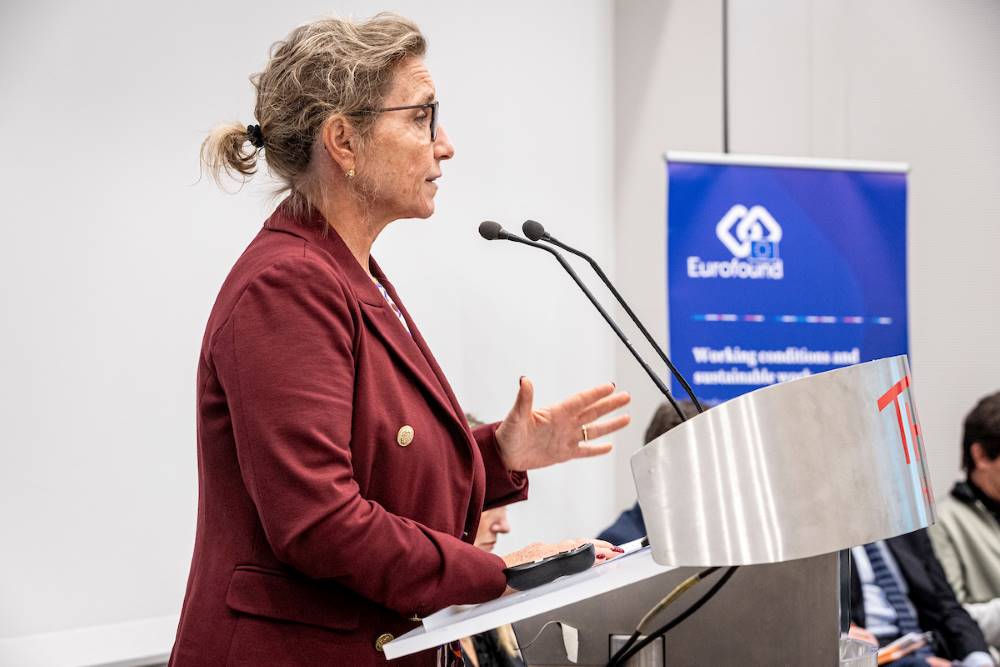
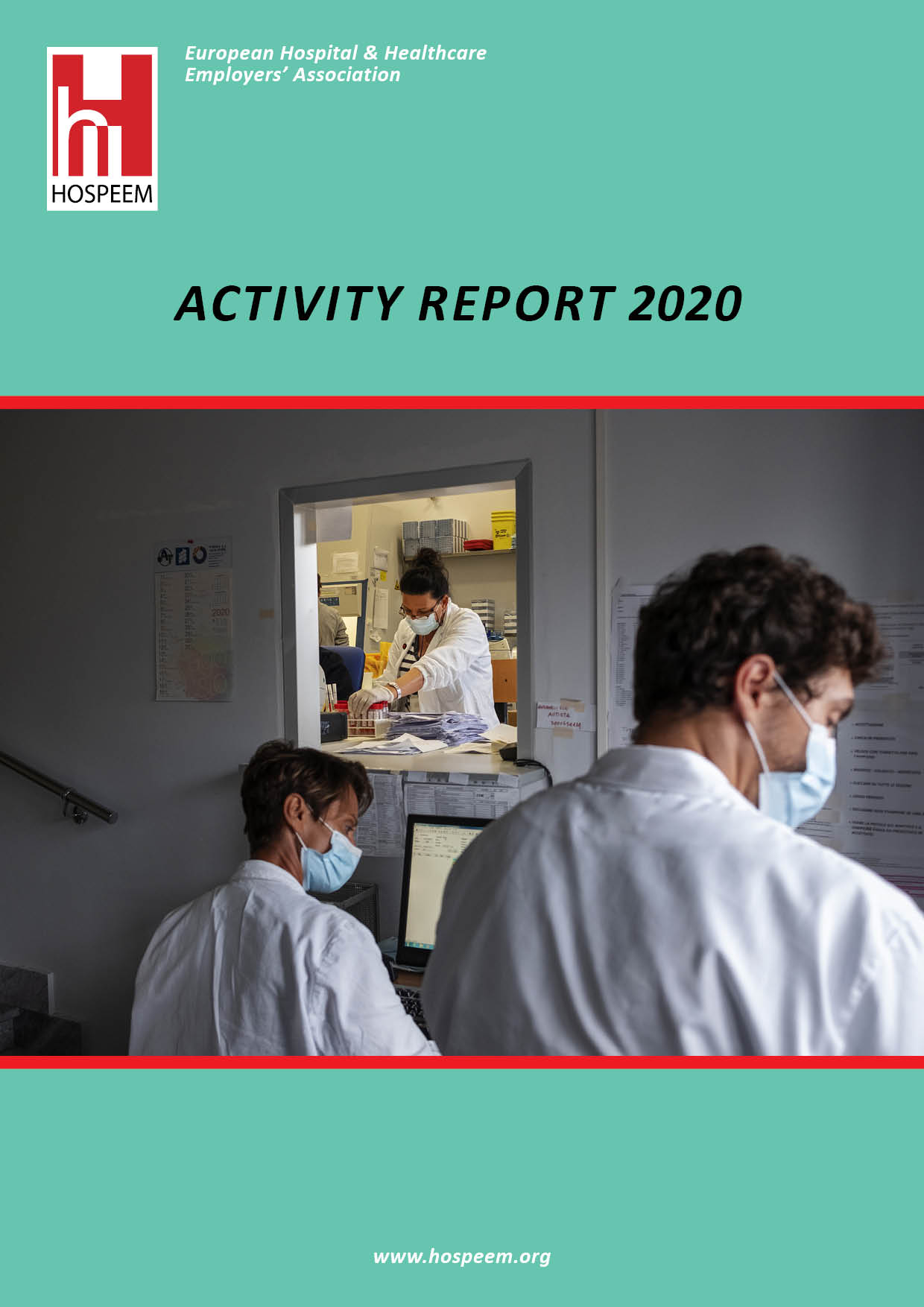

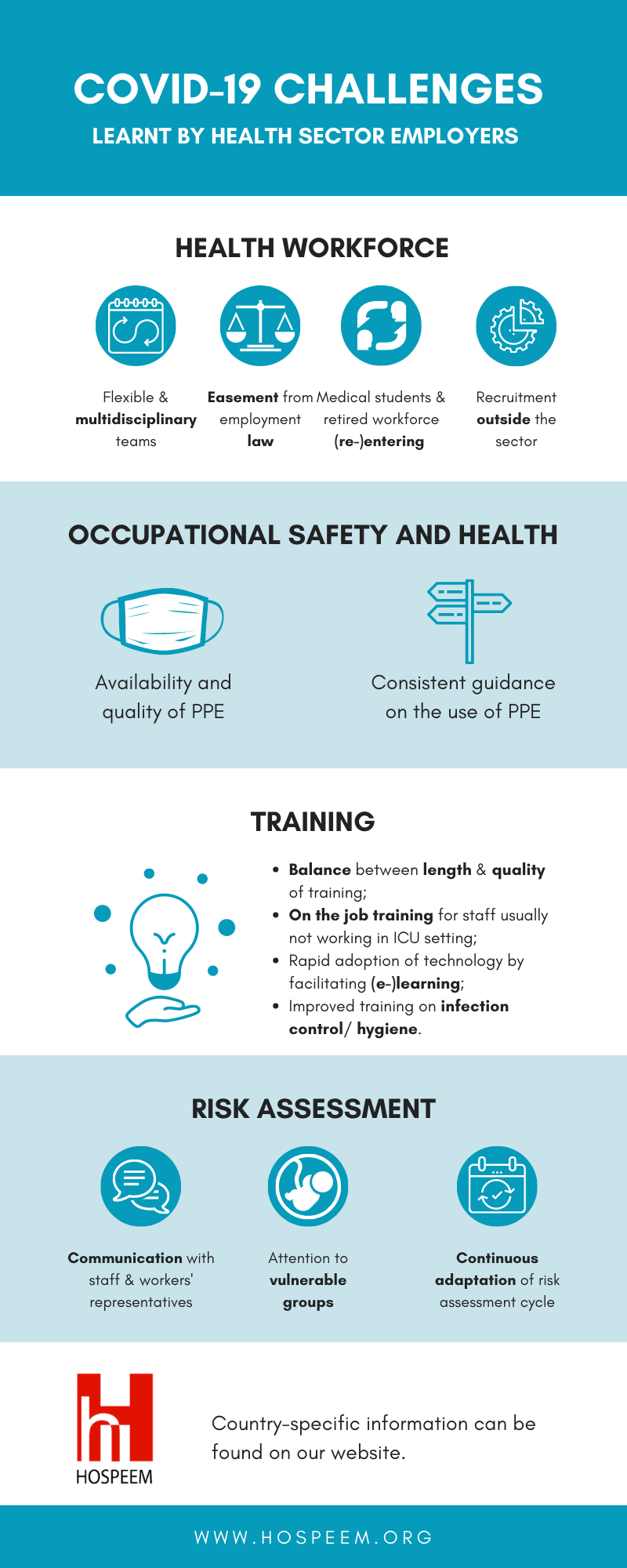 The challenges and lessons learnt are clustered around four areas:
The challenges and lessons learnt are clustered around four areas:


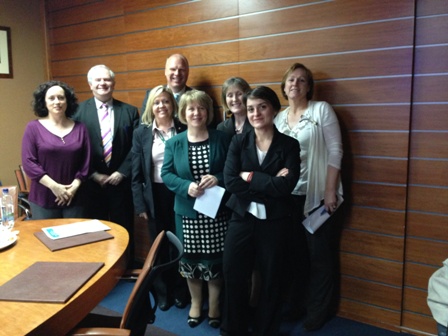
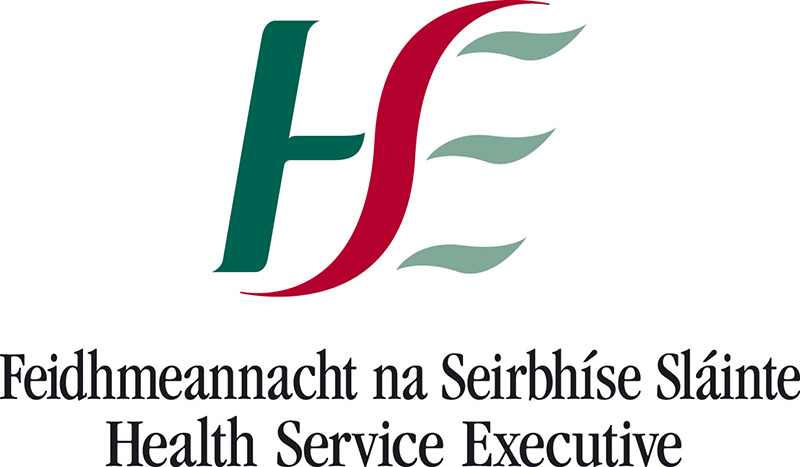 Following the study visit to members’ organizations in the Baltic States, HOSPEEM visited its Irish member, the Irish Health Service –
Following the study visit to members’ organizations in the Baltic States, HOSPEEM visited its Irish member, the Irish Health Service – 
Recent Comments